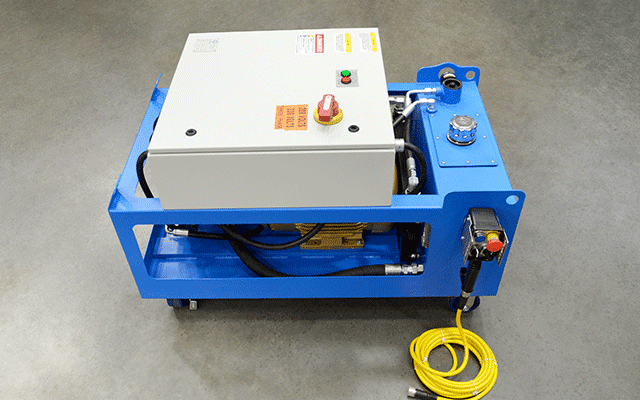Lordstown Motors Responds to Short Seller
![]() Electric truck startup Lordstown Motors has angrily challenged a report from quick vendor Hindenburg Analysis that accuses the company of fraudulently advertising alone.
Electric truck startup Lordstown Motors has angrily challenged a report from quick vendor Hindenburg Analysis that accuses the company of fraudulently advertising alone.
Hindenburg’s report “The Lordstown Motors ‘Mirage’: Fake Orders, Undisclosed Creation Hurdles, And A Prototype Inferno,” facts an investigation into how the company encourages alone and its Endurance electric-driven truck.
“Lordstown is an EV SPAC [distinctive-goal acquisition company] with no earnings and no sellable product or service, which we imagine has grossly misled investors on both its demand and output capabilities,” Hindenburg explained, proclaiming that the company “pointed to its e book of one hundred,000 pre-orders as proof of demand for its proposed EV truck. Our extensive study reveals that the company’s orders surface mainly fictitious and utilized as a prop to increase cash and confer legitimacy.”
The Hindenburg report added that Lordstown paid out consultants to crank out pre-orders forward of its initial general public providing previous October, adding that former Lordstown staff members described company founder and CEO Steve Burns as a “con man” or a “PT Barnum” figure.
 In an job interview with the Wall Road Journal, Burns acknowledged choosing consultants to crank out pre-orders but explained this was accomplished to assess industry demand. He advised the publication the pre-get e book was hardly ever misrepresented.
In an job interview with the Wall Road Journal, Burns acknowledged choosing consultants to crank out pre-orders but explained this was accomplished to assess industry demand. He advised the publication the pre-get e book was hardly ever misrepresented.
“We are not stating these are orders and have hardly ever mentioned that,” he explained.
The WSJ also highlighted that Lordstown Motors mentioned it did not have buyers or pending orders in a December regulatory submitting, noting there was no assurance the nonbinding pre-orders would transition into product sales.
In a January information release, Lordstown Motors explained the extra than one hundred,000 reservations it fielded for its Endurance truck were nonbinding.
Burns advised the WSJ that some of the corporations that placed pre-orders were not fleet operators, but their intermediaries.
“If a dude signed a piece of paper that explained ‘I feel I can move x-thousand of them,’ we imagine them,” he explained. “But it is not in blood. It is a nonbinding letter of intent.”
The Hindenburg report also said Lordstown Motors allegedly inked a $735-million offer for fourteen,000 vehicles with E Squared Vitality, which Hindenburg explained “is primarily based out of a compact residential condominium in Texas that does not work a automobile fleet.”
Tim Grosse, CEO of Texas-primarily based E Squared Vitality, arrived to the defense of Lordstown Motors.
The Hindenburg report explained Grosse responded to its inquiries on Lordstown Motors “with a instead Alice-In-Wonderland answer,” insisting that its pre-get was an “estimate” primarily based on Lordstown’s prepared output instead than shopper demand.
“It’s primarily based largely on the output of Lordstown,” Grosse explained, in accordance to the Hindenburg report. “In the to start with year they’ll be relatively limited with only twenty,000 automobiles and we have two,000 on the LOI and second year we have 4,000 and output will be about forty,000. And the third year we’re ramping up to 8,000 … That’s what we’re estimating.”
However Grosse supplied a dismal look at of Hindenburg in an job interview with the Business Journal of Youngstown, Ohio.
“I feel it is clear what the report was meant to do,” he explained, adding that his company designs to fill all of the orders for Lordship automobiles. “We’re a genuine services software. We buy automobiles for municipalities and buyers who really don’t have significant budgets to switch to EVs.”
This story originally appeared on Benzinga. © 2021 Benzinga.com.
Benzinga does not offer financial commitment suggestions. All rights reserved.







